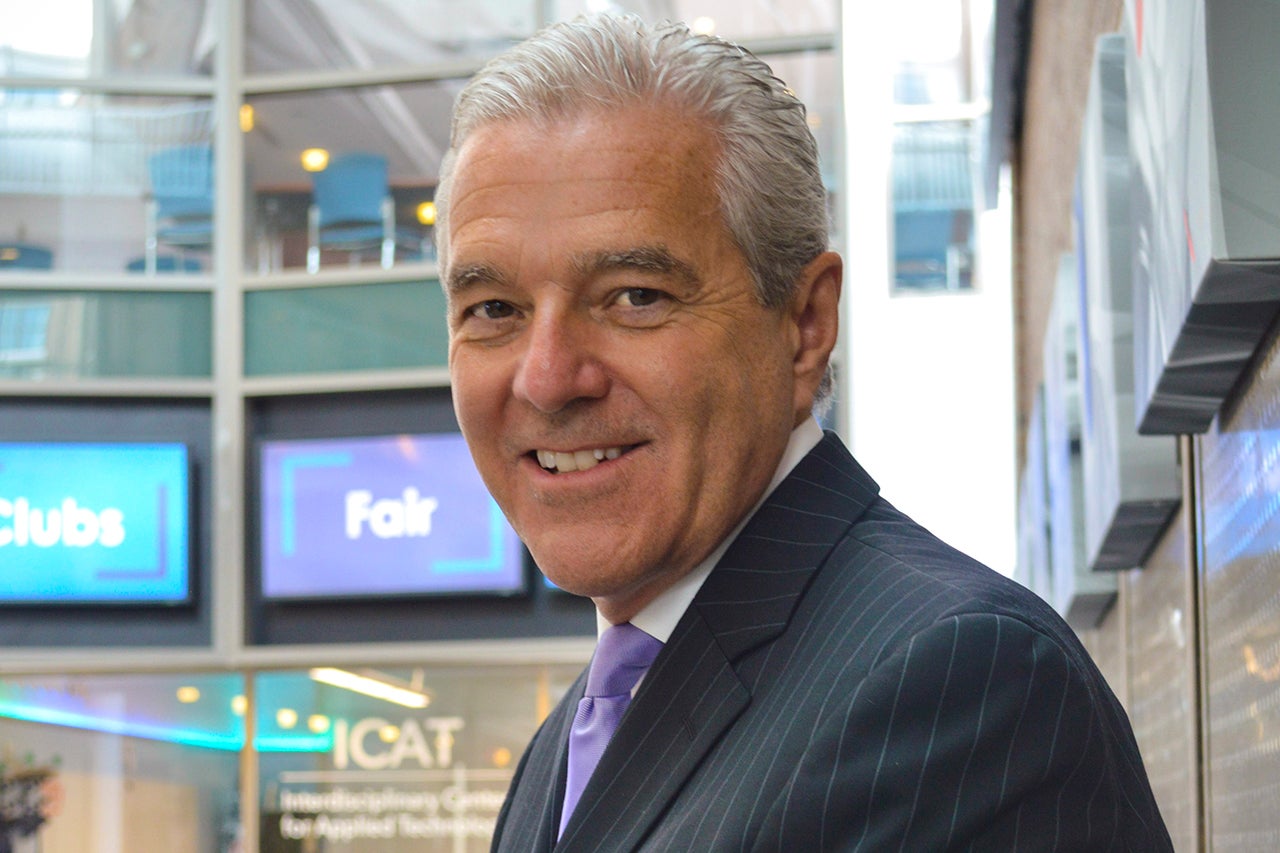The growing value of impact investing was front and center Thursday, Sept. 21, 2017, during a panel discussion hosted by the College of Charleston School of Business and In Place Impact.
“We are exiting the Extraction Age and entering the Impact Age,” said Stuart Williams, founder and chairman of In Place Impact, and CofC School of Business Entrepreneur in Residence, as he introduced The Honorable James S. Rosebush (pictured above), a lifelong philanthropist and former senior aid to President Ronald Reagan.
The event, titled “Two Hours of Impact: Making Profit Meet Purpose,” offered a forward-looking dialogue about the future of impact investing. Both Williams and Rosebush agreed that millennials are the driving force of impact. As they are assuming leadership roles in business and on boards, millennials are demanding not only a return on profit, but on the planet and people.
The concept of impact investing is not new. In fact, the Reagan Administration harnessed the power and money of businesses to meet social need. The difference today is that impact is becoming the standard. Given the strong momentum of impact, Rosebush has ten predictions for the future:
- Impact will become the power base for the way we do business.
- Power will shift from the public sector to the private sector.
- The gap between diaspora giving from the U.S. and U.S. Government aid will continue to grow.
- Investment in global causes will go hand-in-hand with investing in resources with parallel objectives.
- Impact strategies will join with political forces, which will lead to increased transparency and affect decision making.
- The generations following the millennials will make the greatest impact.
- There will be a growing shift from asset allocation to Environmental, Social and Governance (ESG) and impact.
- There will be a blending of profit and non-profit.
- The world will be awash in too much money.
- The non-profit community will need to change to show a return on investment or perish.
For Rosebush, the future looks bright: “History has had its impact, but not the impact we’ll see over the next generations.”




